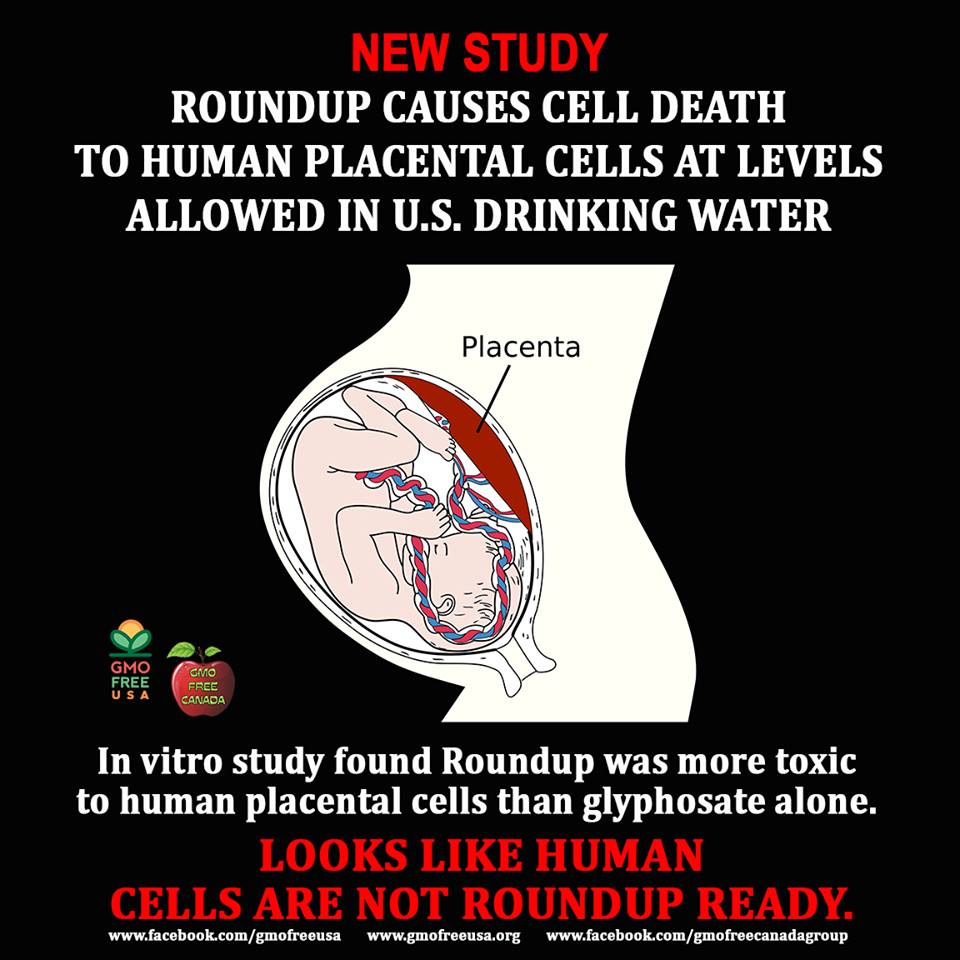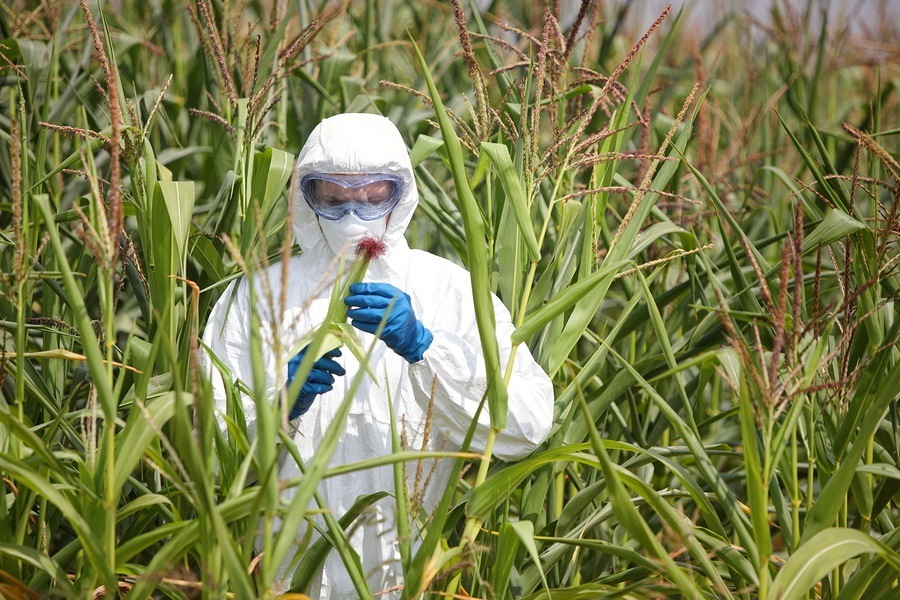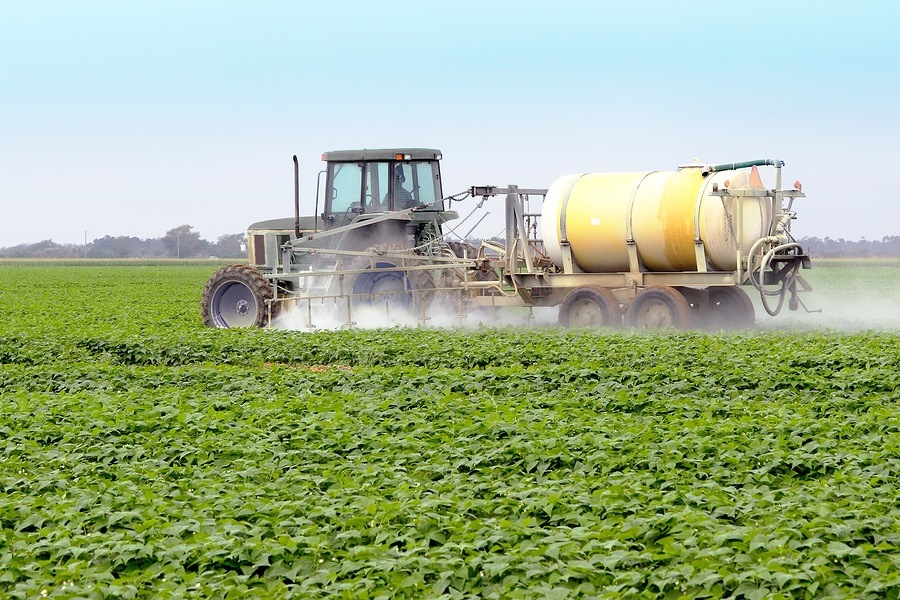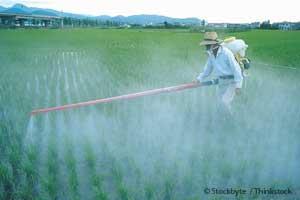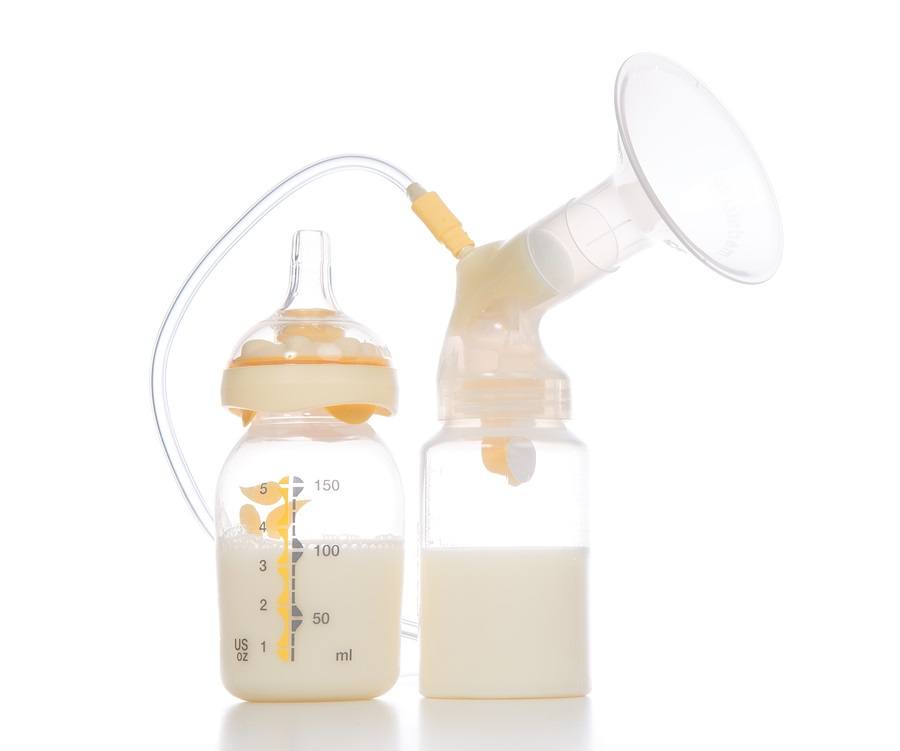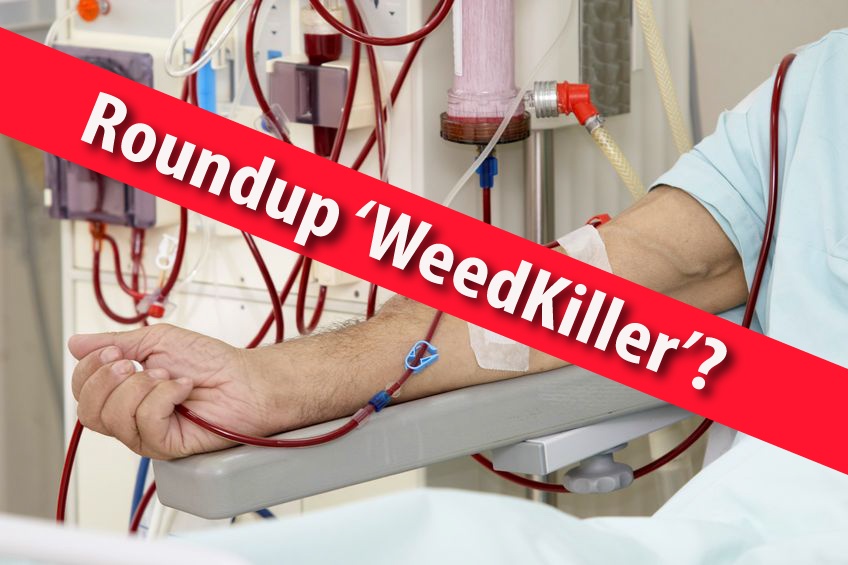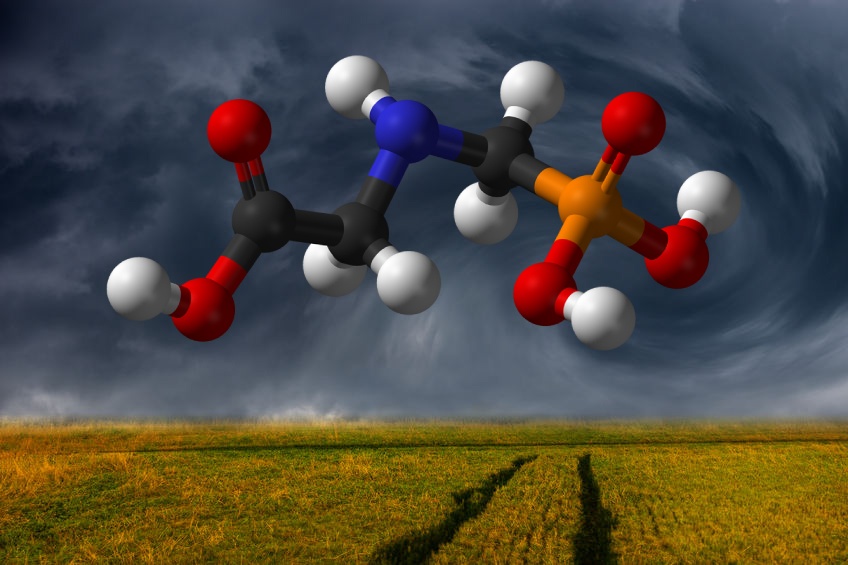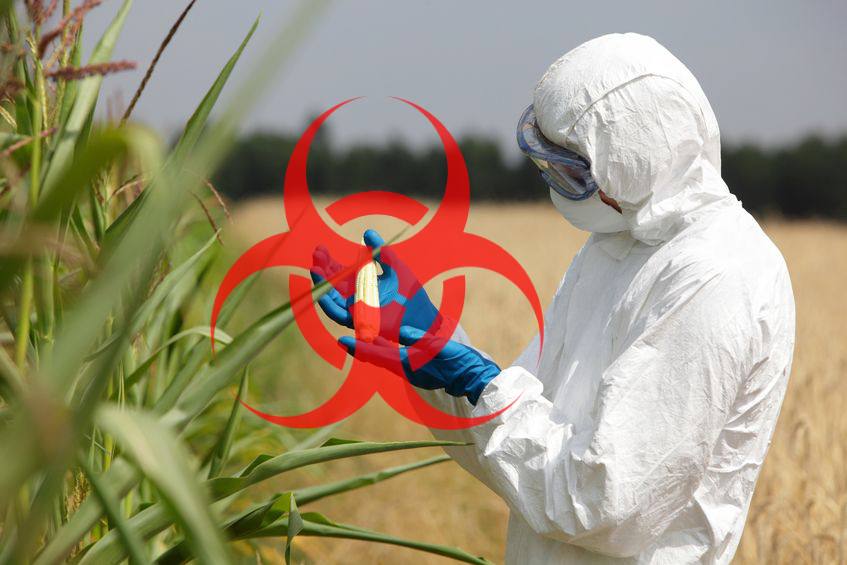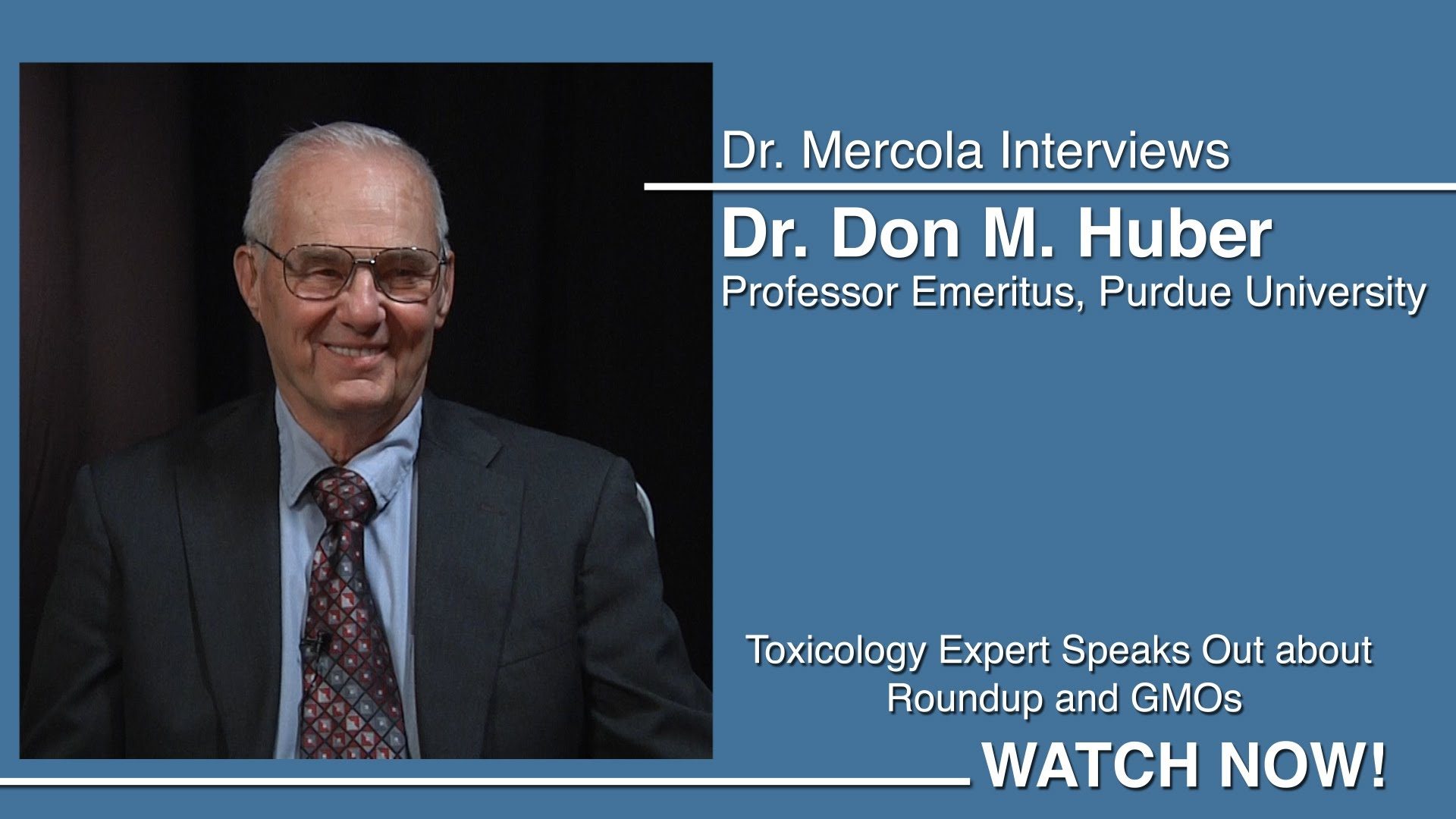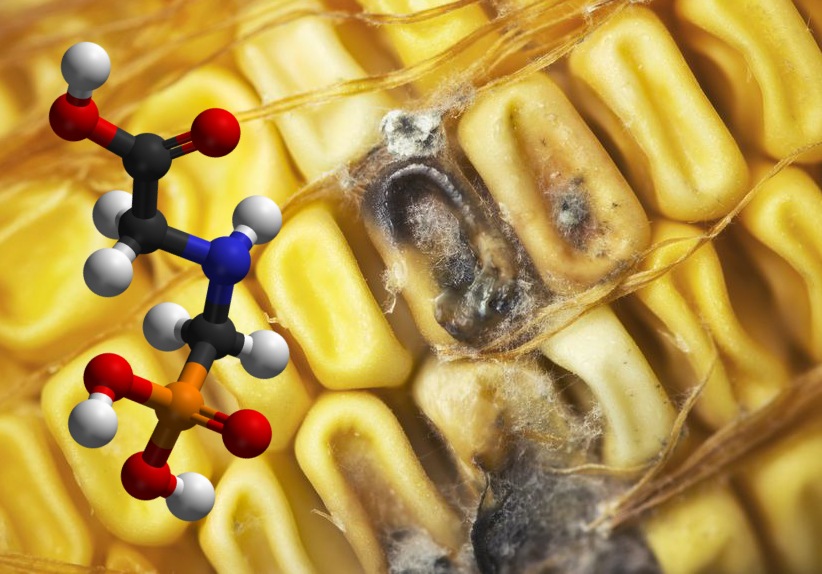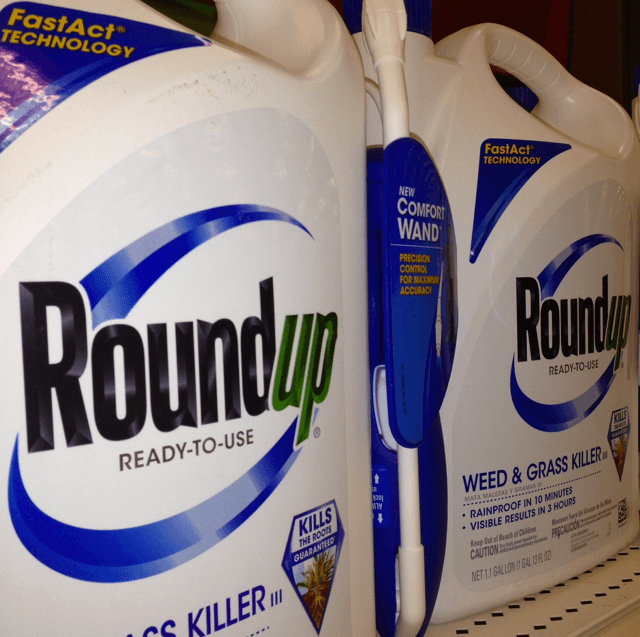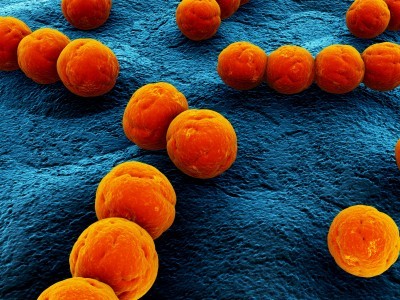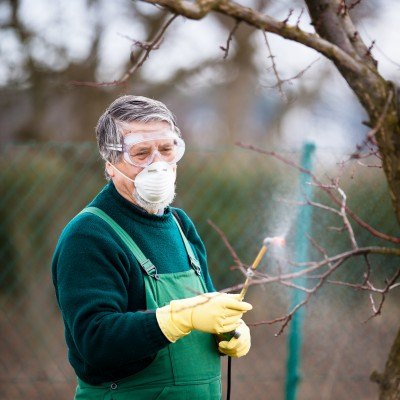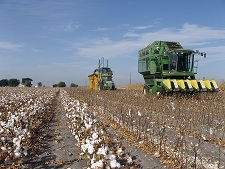Centers for Disease Control and Prevention Director Tom Frieden issued an alarming warning in 2014: "Antibiotic resistance that turns ordinary disease-causing bacteria into illnesses that can't be controlled could bring about the next pandemic." Frieden brought attention to the growing trend of antibiotic-resistant bacteria which can cause patients to "enter the hospital with one disease and leave with another."
It is generally acknowledged today that the age of antibiotics is over, as bacteria have adapted to resist man-made pharmaceutical products. The focus now is on the microbiome, both the human microbiome as well as other microbiome systems within our environment, as we enter into a new age of dangerous organisms totally out of control.
How did we get to this point where modern medicines can no longer stop infections? Many analyses correctly point to the fact that we have overused man-made antibiotic drugs, both in medicine and in livestock raised in CAFOs (confined animal feeding operations).
However, as we report to you today, there is probably a far greater reason the human microbiome has been damaged and in many people destroyed, leading to a multitude of allergies and diseases that plague this modern generation. That reason is linked to a common herbicide currently present in 80% of the U.S. food chain: glyphosate, the active ingredient in Roundup and other herbicides.
Glyphosate may well be the most toxic chemical ever approved for commercial use, as it is now linked to kidney disease, antibiotic resistant bacteria, inflammatory bowel disease, obesity, depression, ADHD, autism, Alzheimer’s disease, Parkinson’s disease, ALS, multiple sclerosis, cancer, cachexia, infertility, and developmental malformations. It destroys the microbiome of humans and plants, which is the root cause of many modern diseases.







